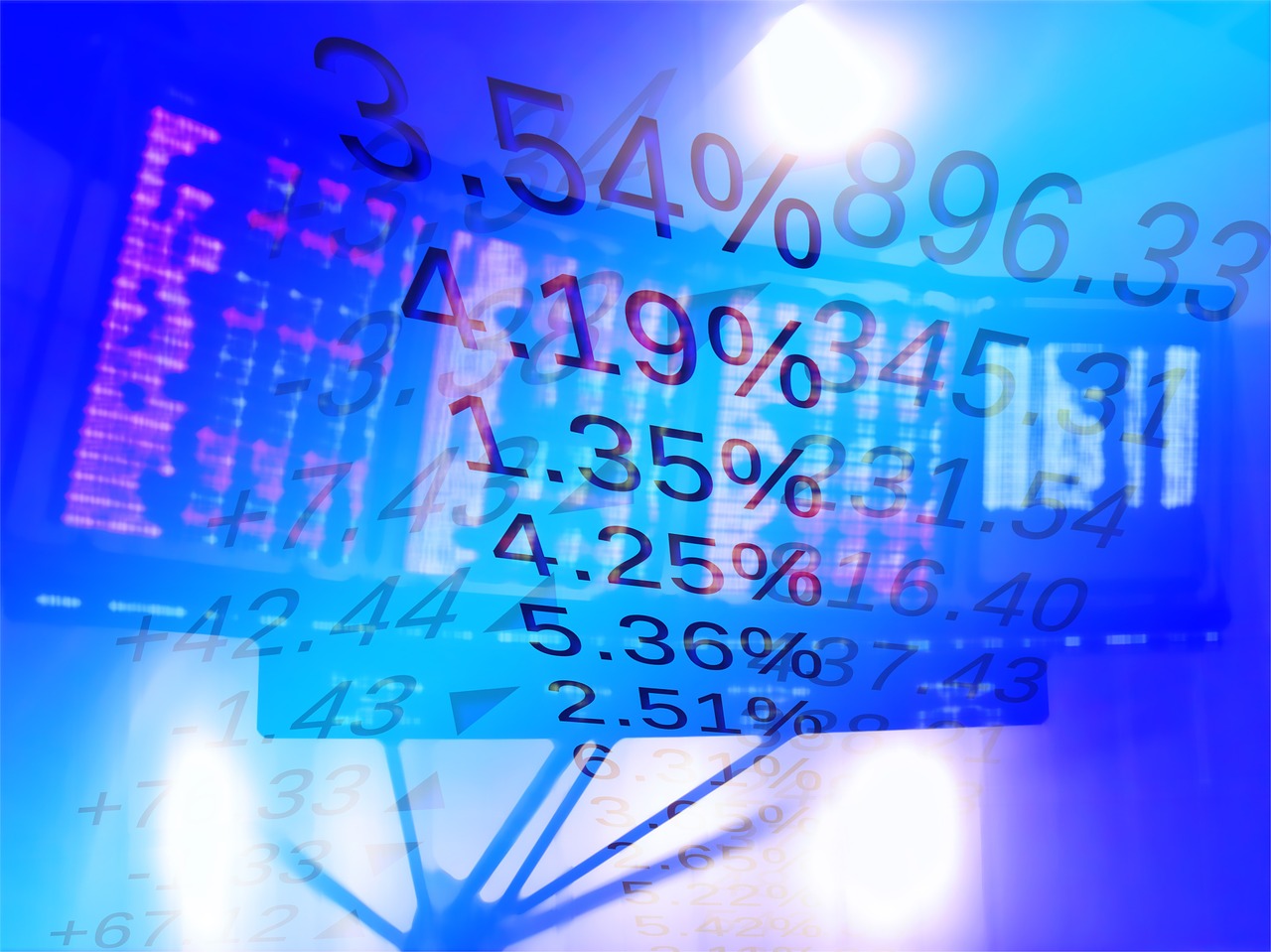On Thursday, global shares were on course to put an end to their longest winning streak in more than a year, one that has given them a boost of more than 10%, as the coronavirus vaccine and post-US election bull run came to a halt. There was a 0.7% decline in Europe’s main markets and Wall Street futures also fell. For the first time this month, MSCI’s broadest world index that tracks 49 countries ended up in the red while Asian markets finished flat. On Wednesday, Big Tech had made a rebound as investors went back to winners like Netflix and Amazon.
Investors in Europe also went back to safe-haven government bonds. Analysts said that it was not necessary for investors to rate out from tech stocks into value stocks, which are those that deliver a strong performance in normal situations when the economies are open. They also said that there will not be a big sell-off in US Treasuries, even if a recovery occurs, with the help of a vaccine. As far as the currency markets are concerned, the euro was between the $1.16 and $1.20 range. It was around $1.18 and has been near this range since late July.
Brexit uncertainty caused the sterling to be down by 0.5%, along with data showing that the UK economy was once again losing speed. After the announcement of President Tayyip Erdogan to replace his son-in-law as the minister of finance and overhaul the monetary policy, the Turkish Lira went up by 10%, which certainly gave it room to breathe. For the second session, the New Zealand dollar saw a surge, as it reached a 19-month high because investors were able to unwound their bets placed in the expectation of negative interest rates. It received an added boost due to the announcement made by Christian Hawkesby, the Assistant Governor for the Reserve Bank of New Zealand.
He said that the country’s economy required less stimulus than it did back in August. Brent, the global oil benchmark, ended up losing three days of consecutive gains to reach $43.46 a barrel, although it was still near a high of two months. Traders were adjusting their expectations of an early release of the coronavirus vaccine. On Thursday, some doubts were also raised by the International Energy Agency regarding a quick recovery in demand, amidst surging COVID-19 infections in the United States and Europe. Most of the main economies in Europe are already grappling with new social restrictions due to a wave of new infections.
New York also ordered restaurants and bars to start closing early after U.S. hit new case records on Wednesday. Analysts said that until the timeline for the coronavirus vaccine becomes clear, the ‘downside’ in oil prices could be limited, but it was also unlikely for a potential upside to develop. The demand forecast by the Organization of the Petroleum Exporting Countries was also revised on Wednesday. According to them, the global demand for oil would recover slowly in 2021 that expected previously because of the rising coronavirus cases.
